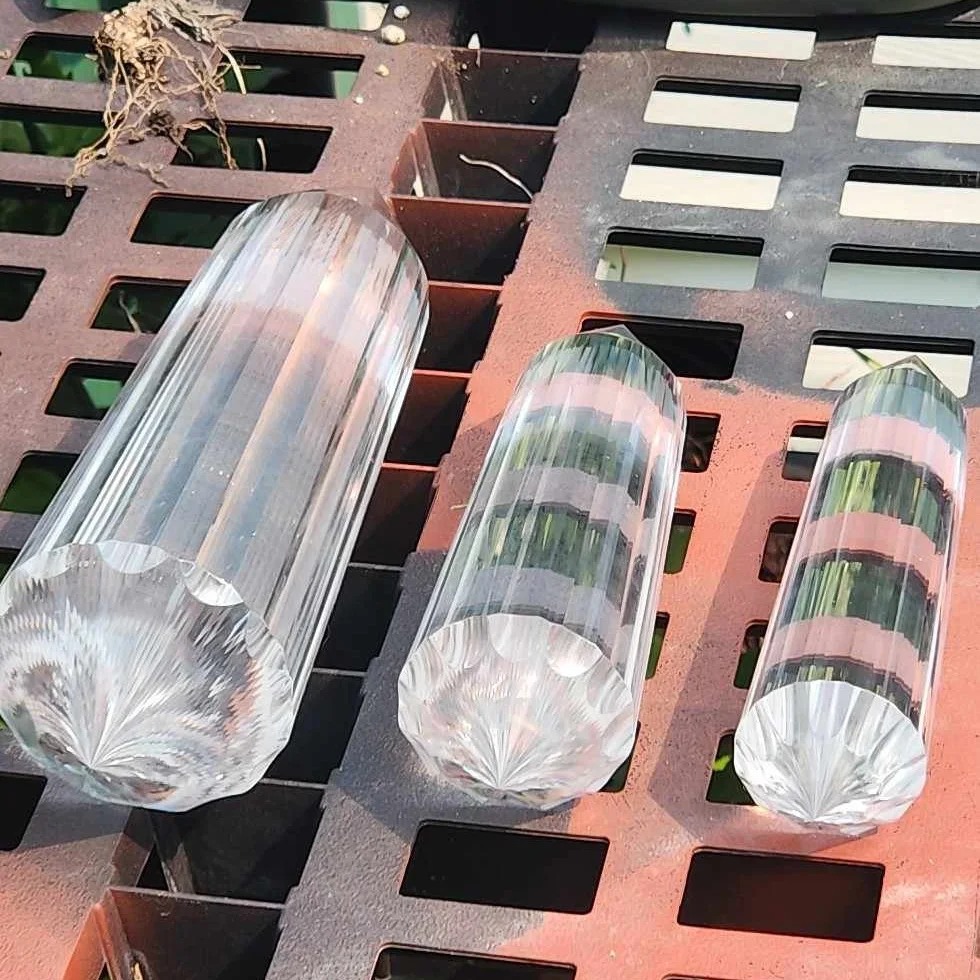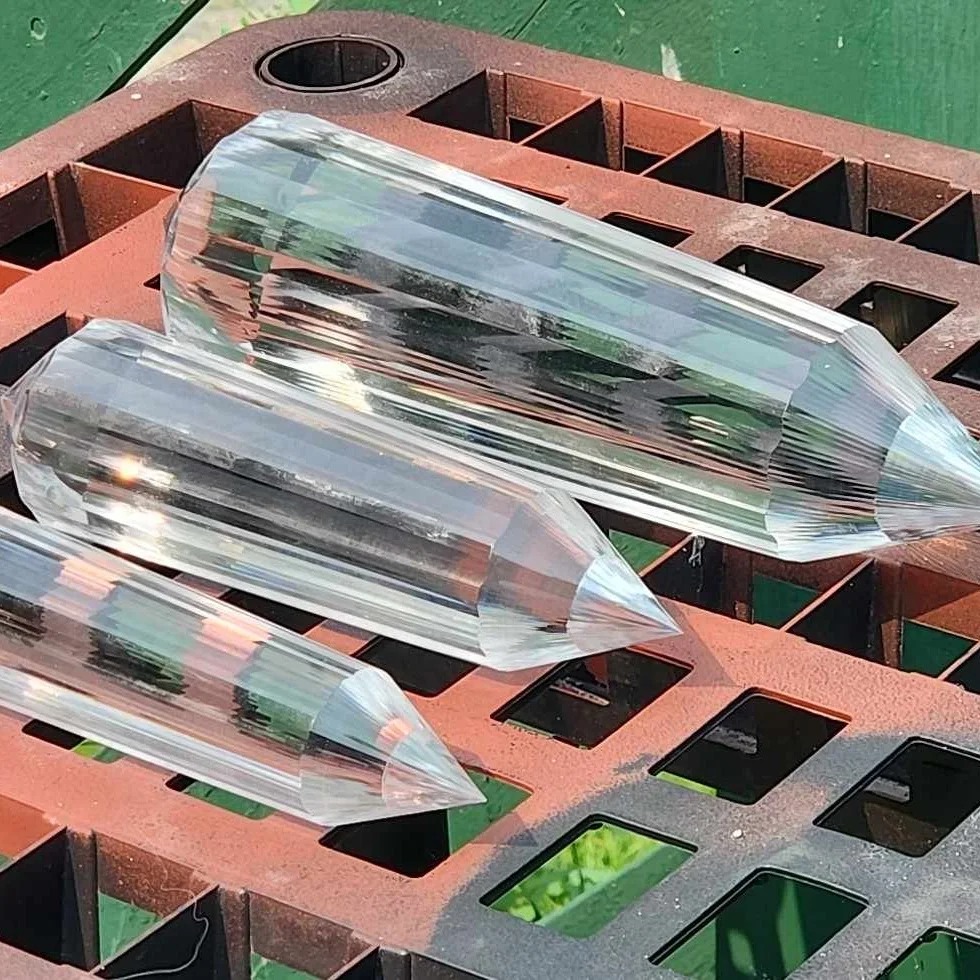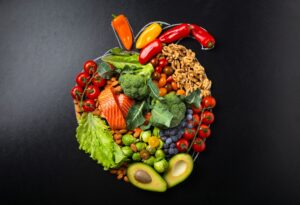Menstrual Cramping

Menstrual Cramping
Menstrual cramping, a common discomfort experienced by many women during their menstrual cycles, can range from mild to severe. Fortunately, holistic menstrual cramping offers a range of natural strategies and remedies to help alleviate pain and promote overall menstrual well-being. This approach emphasizes finding relief through gentle, supportive techniques that work in harmony with the body’s natural processes.
What is Menstrual Cramping?
Holistic menstrual cramping encompasses a variety of practices that focus on addressing the underlying causes of menstrual discomfort and providing strategies to manage pain naturally. It may include:
- Dietary Changes: Prioritizing a whole-food diet rich in fruits, vegetables, and whole grains provides essential nutrients that support hormonal balance and reduce inflammation. Foods high in omega-3 fatty acids, like fatty fish, walnuts, and flaxseeds, can help lessen cramping by reducing inflammatory prostaglandins. Conversely, limiting processed foods, added sugars, and unhealthy fats can minimize cramps, as these can contribute to inflammation in the body. Maintaining adequate hydration is also crucial, as dehydration can worsen menstrual cramps. Drinking plenty of water and herbal teas throughout the day helps alleviate cramps and promotes overall well-being.
- Herbal Remedies: Certain herbs possess properties that can effectively ease menstrual cramps. These herbs often have antispasmodic or pain-relieving properties. Common examples include cramp bark, which relaxes uterine muscles, and ginger, which has natural anti-inflammatory effects. Chasteberry and evening primrose oil are also popular herbal remedies used to regulate menstrual cycles and potentially reduce cramping. It’s important to consult with a healthcare professional before using any herbal remedies, especially if you have any underlying health conditions or are taking medications.
- Self-Care Practices: Simple self-care practices can significantly improve menstrual comfort. Applying heat therapy with a heating pad or hot water bottle to the lower abdomen and lower back relaxes cramped muscles and promotes pain relief. Gentle movement, such as yoga or light walking, can improve blood flow and ease cramping discomfort. Massage therapy, particularly focusing on the lower abdomen and lower back, can also be beneficial for reducing muscle tension and pain. Additionally, getting adequate sleep is crucial for menstrual health. Prioritizing good sleep hygiene practices can help regulate hormones and reduce the perception of pain during menstruation.
- Mind-Body Therapies: Mind-body therapies address both the physical and emotional aspects of menstrual cramping. Acupuncture, a traditional Chinese medicine practice, involves inserting thin needles into specific points on the body to stimulate energy flow and alleviate pain. Studies have shown acupuncture to be effective in reducing menstrual cramps. Massage therapy, as mentioned earlier, not only relaxes muscles but can also promote relaxation and reduce stress. Additionally, relaxation techniques like deep breathing exercises and meditation can effectively manage stress and anxiety, which can worsen menstrual cramps.
How Can Holistic Treatments Help You?
Holistic menstrual cramping offers a valuable alternative or complement to conventional pain relief methods. It can help by:
- Reducing Pain Intensity and Frequency: Natural remedies, dietary changes, and self-care practices can effectively reduce the severity and frequency of menstrual cramps. By addressing potential underlying causes of cramping, such as inflammation or hormonal imbalances, holistic approaches can help regulate the menstrual cycle and minimize the intensity of cramps experienced. Additionally, incorporating heat therapy, gentle exercise, and massage into your routine can provide direct relief from muscle spasms and pain during menstruation.
- Promoting Overall Menstrual Well-being: Holistic menstrual cramping goes beyond just pain management. By focusing on dietary adjustments, stress reduction techniques, and healthy lifestyle habits, this approach fosters a sense of well-being throughout the menstrual cycle. For instance, maintaining a balanced diet rich in essential nutrients can improve hormonal balance and alleviate symptoms like fatigue, mood swings, and bloating that often accompany menstrual cramps. Similarly, relaxation techniques and stress management practices can help regulate the nervous system and reduce the perception of pain, promoting a more positive and empowered experience during menstruation.
What are Menstrual Cramping Therapies Good For?
Holistic menstrual cramping offers a beneficial approach to various aspects of menstrual health:
- Pain Management: Holistic practices help manage the primary symptom of menstrual cramps – pain – offering safe and often effective alternatives.
- Cycle Regularity: Addressing hormonal imbalances and underlying inflammation can contribute to more regular and less painful menstrual cycles.
- Overall Well-being: Stress reduction techniques and self-care practices promote relaxation and improved emotional well-being during menstruation.
- Minimizing Medication Reliance: Holistic approaches may help minimize the need for over-the-counter pain medications and their potential side effects.
Benefits of Holistic Menstrual Cramping Therapies
Embracing a holistic approach to menstrual cramping provides women with many advantages:
- Fewer Side Effects: Natural remedies and self-care strategies generally have minimal side effects compared to some conventional pain medications.
- Empowerment: Holistic menstrual cramping encourages women to become involved in their own health and develop personalized pain-relief plans.
- Sustainable Management: Holistic practices help cultivate healthy habits that support menstrual comfort and overall well-being throughout a woman’s reproductive years.
- Complementary Approach: Holistic methods work well alongside conventional medical care when needed, providing a comprehensive pain management strategy.
What to Expect from a Practitioner
Holistic practitioners specializing in women’s health offer personalized support for menstrual cramping:
- Comprehensive Assessment: They evaluate your menstrual history, pain patterns, and lifestyle factors to identify potential contributors to menstrual cramping.
- Personalized Plan: Practitioners develop a customized plan addressing your specific needs, including dietary guidance, herbal recommendations, and self-care techniques.
- Lifestyle Recommendations: They offer suggestions for stress management, sleep hygiene, and exercise routines to enhance menstrual health.
- Monitoring and Support: Practitioners provide ongoing monitoring of your progress and adjust your plan over time for optimal results within holistic menstrual cramping frameworks.
Similar Modalities
For a comprehensive approach to menstrual health, consider these modalities that complement holistic menstrual cramping:
- Naturopathy: Naturopathic doctors offer individualized care utilizing herbs, dietary changes, and supplements for menstrual cramping and overall hormonal balance.
- Functional Medicine: This approach identifies root causes of imbalances impacting health, providing a personalized strategy to address menstrual discomfort.
- Traditional Chinese Medicine: Acupuncture and Chinese herbs offer pain relief and regulation of menstrual cycles for improved menstrual well-being.
Final Thoughts
Holistic menstrual cramping provides a natural and empowering approach to managing the discomfort of menstrual cramps. By embracing a combination of dietary adjustments, herbal remedies, self-care practices, and mind-body therapies, women can often achieve significant relief and improve their overall menstrual experience. Consulting a qualified holistic practitioner specializing in menstrual cramping can offer valuable guidance and support on this journey.
Scientific References
- Pattanittum, P., Kunyanone, N., Brown, J., Sangkomkamhang, U. S., Barnes, J., Seyfoddin, V., & Marjoribanks, J. (2016). Dietary supplements for dysmenorrhoea. Cochrane Database of Systematic Reviews, (3), CD002124.
- Proctor M, & Murphy PA. (2001). Herbal and dietary therapies for primary and secondary dysmenorrhoea. Cochrane Database of Systematic Reviews, (3):CD002124
- Smith, C. A., & Zhu, X. (2023). Nonsteroidal anti-inflammatory drugs for primary dysmenorrhea. The Lancet, 401(9860), 249-258.
Recommended Reading
- Taking Charge of Your Fertility by Toni Weschler (offers a comprehensive guide to understanding menstrual cycles, including holistic self-care practices).
- WomanCode: Perfect Your Cycle, Amplify Your Fertility, Supercharge Your Sex Drive, and Become a Power Source by Alisa Vitti (explores the connection between hormonal balance and menstrual health).
- Period Repair Manual: Natural Treatment for Better Hormones and Better Periods by Lara Briden (provides practical solutions for various menstrual problems, including cramping, from a naturopathic doctor’s perspective).
FAQ: Menstrual Cramping
Can holistic menstrual cramping treatments help everyone?
While holistic approaches can benefit many individuals, some severe cases may require medical intervention. It’s advisable to consult with your doctor if you experience debilitating cramps or any unusual bleeding patterns.
How long does it take for holistic methods to work?
The effectiveness of holistic menstrual cramping varies based on individual factors and the methods implemented. For some, relief might be noticeable quickly, while others might require a consistent approach over several menstrual cycles to see significant improvements.
Are there any risks associated with holistic menstrual cramping?
Generally, holistic remedies for menstrual cramps are considered safe. However, certain herbs may interact with medications or worsen underlying health conditions. It’s crucial to consult with a healthcare professional before starting any new remedies or supplements.
Can I use holistic menstrual cramping along with conventional pain medications?
While some holistic practices can be combined with conventional medications, it’s important to discuss this with your doctor to ensure safety and avoid any potential interactions or conflicts.
When should I see a doctor about my menstrual cramps?
Consult your doctor regarding menstrual cramping if :
- the pain is severe and interferes with your daily activities
- you experience heavy bleeding, irregular cycles, or bleeding between periods
- cramping begins later in life or suddenly changes in character
Related Practitioners
Helena Fleming B.A., M.A. LIC I.S.H, RHOM
HOMEOPATHY & BIORESONANCE
- 3 Meadowbrook, Tulsk, Co. Roscommon, F45 FH97, Ireland
- (678) 210-5270
I am a homeopath and bioresonance practitioner with 27 years experience. I combine a classical approach to homeopathy with state-of-the-art… Read More





















